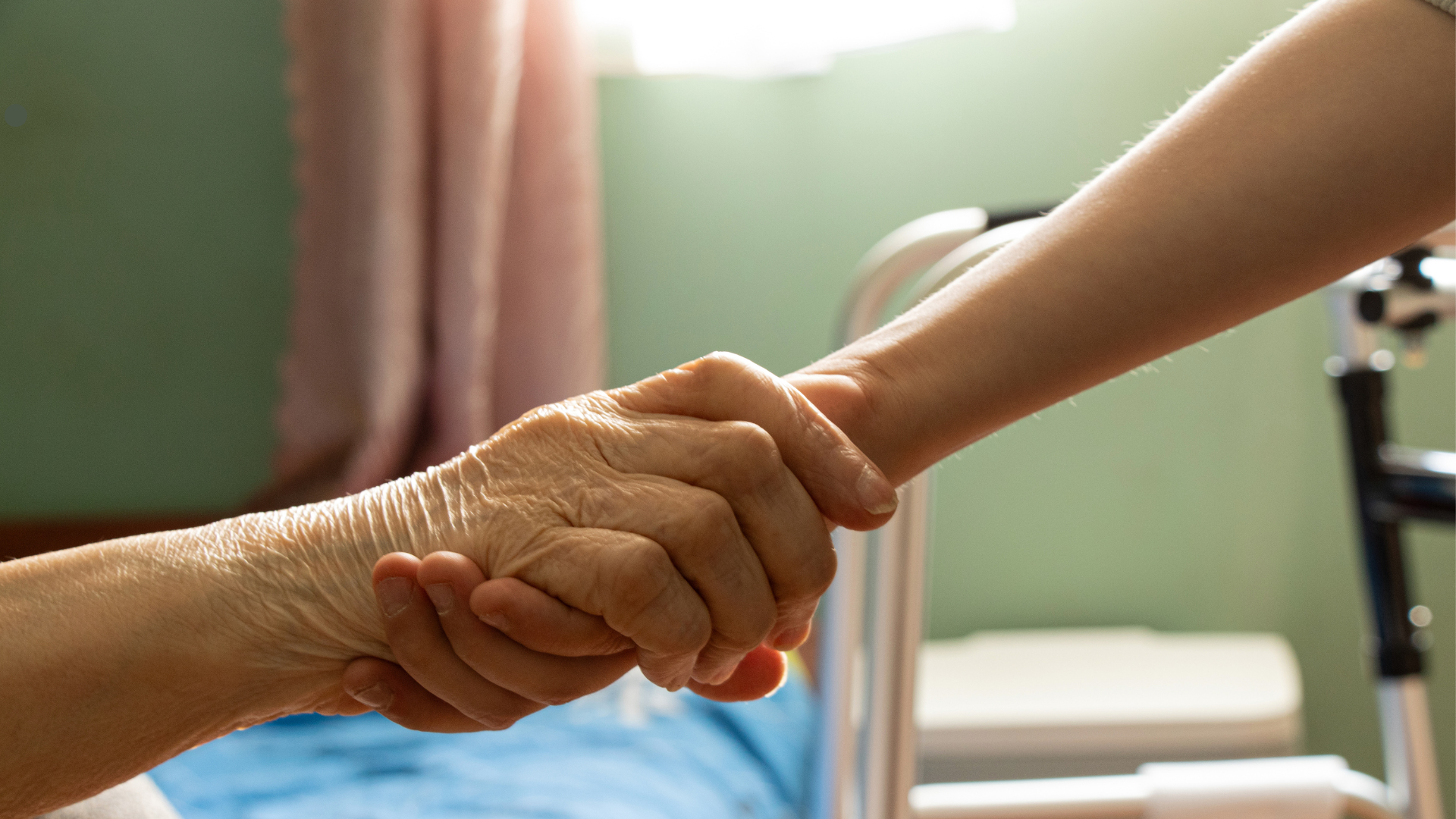Article | 01/03/23
How Health Plans Can Support Family Caregivers After a Hospital Discharge. And Why They Should.

One of the most difficult times to be a caregiver is after a loved one is discharged from the hospital. In today’s healthcare environment, discharge doesn’t mean healthy — it simply means that someone doesn’t need the level of care that a hospital provides.
Every year, roughly 18 million Americans are discharged from the hospital to their home. More than half, or about 52%, need help at home — and according to the Centers for Disease Control and Prevention, unpaid caregivers provide 80% of this care.
In cases such as discharge after suffering a fall or a stroke, there are expectations that someone’s caregiver will be ready, willing, and able to coordinate care, including follow-up visits; find in-network specialists, book appointments, and get their loved ones to the doctor; assess insurance benefits and obtain in-home care; and ensure their loved one’s home environment is safe.
While these responsibilities are assumed by family caregivers in most care scenarios, they come with heightened intensity that can be overwhelming after a hospital stay. It’s a time when their loved one’s health needs have both immediately and rapidly escalated, and they’re likely feeling exhausted, overwhelmed, uninformed, and unsure about the future, all at once.
For caregivers, this scenario represents a new normal. And it’s also a time when health plans need to better prioritize the caregiver as an active and valuable member of their member’s care team.
How supporting caregivers after hospital discharge benefits health plans
In our recent webinar, Moments of Impact: Family Caregiving After Hospital Discharge, experts outlined the value proposition for health plans providing post-hospitalization support to members’ caregivers.
One benefit is direct, as plans pay less for avoidable readmissions or other care episodes when caregivers are better positioned to provide for their loved ones.
Another benefit is indirect but no less important: A better caregiver experience is a better member experience. That’s increasingly a competitive differentiator. Starting in 2023, Medicare Star ratings put much more weight on the Consumer Assessment of Healthcare Providers and Systems (CAHPS) survey. Meanwhile, and not coincidentally, 2023 Star ratings for Medicare Advantage and Part D are as low as they’ve ever been, with only 51% of plans achieving ratings of 4+ stars. In other words, small improvements to the member experience will have a big impact.
How can your health plan support caregivers?
Listen to the webinar to learn how to:
- Acknowledge, involve, and assist caregivers as a core member of the care team — and how to identify and engage with caregivers long before the escalation of their loved ones’ condition
- Design a post-hospitalization support program that provides personalized guidance and digital tools and resources while offering caregivers judgment-free support
- Build caregivers’ confidence in managing the unexpected challenges and unfamiliar responsibilities of their role
- Provide a coordinated extension of care management that improves the member experience while offering greater insight into caregiver needs
The latest from Carallel

Caregiver Journey Webinar
A Caregiver Conversation by Carallel: Understanding Ambiguous Loss
Join us as we unpack what ambiguous loss is, why it’s uniquely painful, and offer some practical ways to understand it and live with it more...

Caregiver Journey Webinar
A Caregiver Conversation by Carallel: Talking With Your Loved One About Your Caregiving Role
In this conversation, we discuss the importance of talking about our caregiving role and offer tips for how to do it....
